World coffee prices continued to fall sharply as investors on both exchanges continued to liquidate and balance speculative positions before the first announcement day (FND). The market was not too surprised by this development because it had entered the overbought zone, requiring adjustments and balancing of speculative positions.
In addition, sales pressure from the new crop is currently in full swing from the world's largest coffee producer and exporter - Brazil. Favorable weather forecasts in Brazil will allow farmers to finish the country's coffee crop early, information that has caused arabica coffee prices to fall sharply. Currently, the harvest progress is generally higher than previous years thanks to favorable weather. According to Conab's forecast, Brazil's total coffee output this year will be around 54.92 million bags, 7.5% higher than the bumper crop in 2022 of around 50.92 million bags.
The world’s largest coffee producers are delaying purchases of beans from Brazil as they use up stockpiles built up during the pandemic and wait for prices to fall, Bloomberg reported, adding to downward pressure on arabica coffee prices.
Vietnam Customs reported preliminary data showing that coffee exports in the first half of June reached 68,744 tons (about 1.145 million bags), bringing the total coffee exports since the beginning of the year to 934,863 tons (about 15.58 million bags), down 1.36% compared to the same period last year. This information contributed to curbing the decline of Robusta coffee.
 |
| Domestic coffee prices today, June 22, continued to decrease by 700 VND/kg in some key purchasing localities. (Source: Dailycoffeenews) |
At the end of the trading session on June 21, the price of robusta coffee on the ICE Futures Europe London exchange turned down. The price of robusta coffee futures for July 2023 delivery decreased by 48 USD, trading at 2,759 USD/ton. The price of September delivery decreased by 44 USD, trading at 2,726 USD/ton. The average trading volume was high.
The New York Arabica Coffee Futures Exchange also fell sharply, with the price of Arabica coffee on the ICE Futures US New York for July 2023 delivery down 3.85 cents, trading at 172.25 cents/lb. Meanwhile, the September 2023 delivery fell 3.45 cents, to 171.2 cents/lb. Trading volume increased sharply.
Domestic coffee prices today, June 22, continued to decrease by 700 VND/kg in some key purchasing localities.
Unit: VND/kg. (Source: Giacaphe.com) |
Markets are looking ahead to Federal Reserve Chairman Jerome Powell's congressional testimony later this week for more clarity on the monetary policy outlook for the world's most influential economy .
According to technical analysis, technical indicators on the robusta floor are showing signs of continued bullish momentum. Although robusta coffee fell yesterday, because RSI is still in the overbought zone at 72.12%, there is a possibility that there will be a downward correction during the session. It is expected that in the short term, robusta coffee prices will fluctuate and accumulate within the range of 2740 - 2790. It is necessary to pay attention to the price range of 2720 - 2725. If this price range is lost, robusta coffee may establish a downtrend.
According to technical analysis, technical indicators are showing that the downward momentum is still there. It is expected that in the short term, the price of Arabica coffee will fluctuate and accumulate within the range of 173.5 - 180. Arabica coffee needs to overcome and maintain above the 181 - 182 zone to find an opportunity to increase and recover. On the contrary, if the 175 level is lost, a downtrend may be established.
As coffee trading companies across Europe prepare to implement new anti-deforestation regulations, the Intercontinental Exchange (ICE) is launching a new service designed to promote compliance among commodity buyers.
The service is called ICE Traceability and Transparency (ICoT). The new service is expected to launch next year, ahead of new EU legislation coming into effect on December 30, 2024. It has been tailored to the coffee and cocoa industries.
Compliance with the new zero deforestation regulations is being led by ICE’s Incentive Benchmarking Authority (IBA), which is authorised and regulated by UK-based banking regulator the Financial Conduct Authority (FCA). The upcoming ICoT traceability service is not a regulated activity.
“By collating, standardising and validating supply chain data, ICoT will support customers in demonstrating compliance from farm to European consumer product,” said Clive de Ruig, President of the IBA.
Source




![[Photo] Ready for the top competitions of Vietnamese table tennis](https://vphoto.vietnam.vn/thumb/1200x675/vietnam/resource/IMAGE/2025/5/18/9c547c497c5a4ade8f98c8e7d44f5a41)


![[Photo] Many young people patiently lined up under the hot sun to receive a special supplement from Nhan Dan Newspaper.](https://vphoto.vietnam.vn/thumb/1200x675/vietnam/resource/IMAGE/2025/5/18/6f19d322f9364f0ebb6fbfe9377842d3)


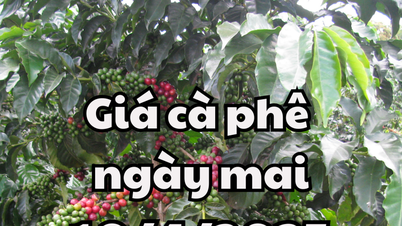



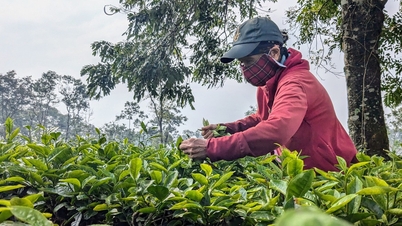

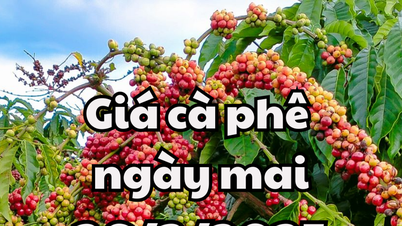

















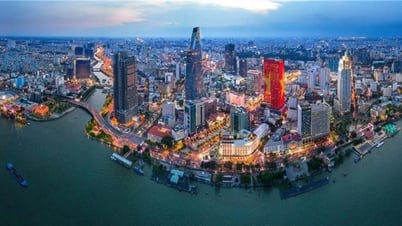
![[Photo] General Secretary To Lam visits exhibition of achievements in private economic development](https://vphoto.vietnam.vn/thumb/1200x675/vietnam/resource/IMAGE/2025/5/18/1809dc545f214a86911fe2d2d0fde2e8)















































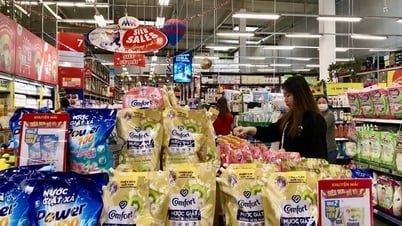

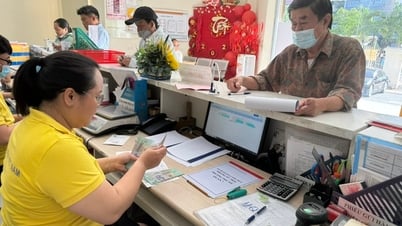















Comment (0)